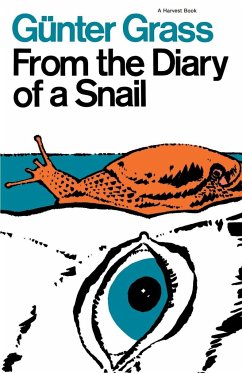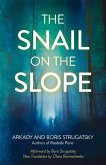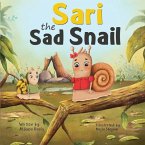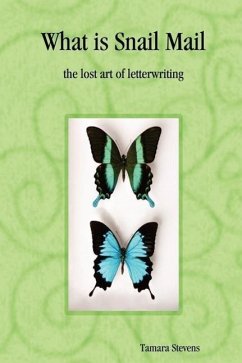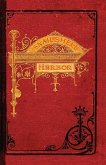Gunter Grass, Germany's most famous literary figure, is also known in his country as a political speaker. In 1969 Grass gave close to one hundred election speeches for Willy Brandt's party, the Social Democrats. His family saw him only intermittently. In his snail's diary, he purports to explain, imaginatively as well as factually, why he felt impelled to devote himself to politics. Along with his report on the election campaign, Grass tells the story of the persecution and exile of the Jews of Danzig, his childhood city. He also invents a fictional Jew -- a school teacher nicknamed "Doubt, " a collector of snails -- who becomes a brilliantly bizarre metaphor for his own political philosophy. "What's progress?" Grass asks, "Being a little quicker than the snail ... and never getting there, children."
Hinweis: Dieser Artikel kann nur an eine deutsche Lieferadresse ausgeliefert werden.
Hinweis: Dieser Artikel kann nur an eine deutsche Lieferadresse ausgeliefert werden.

